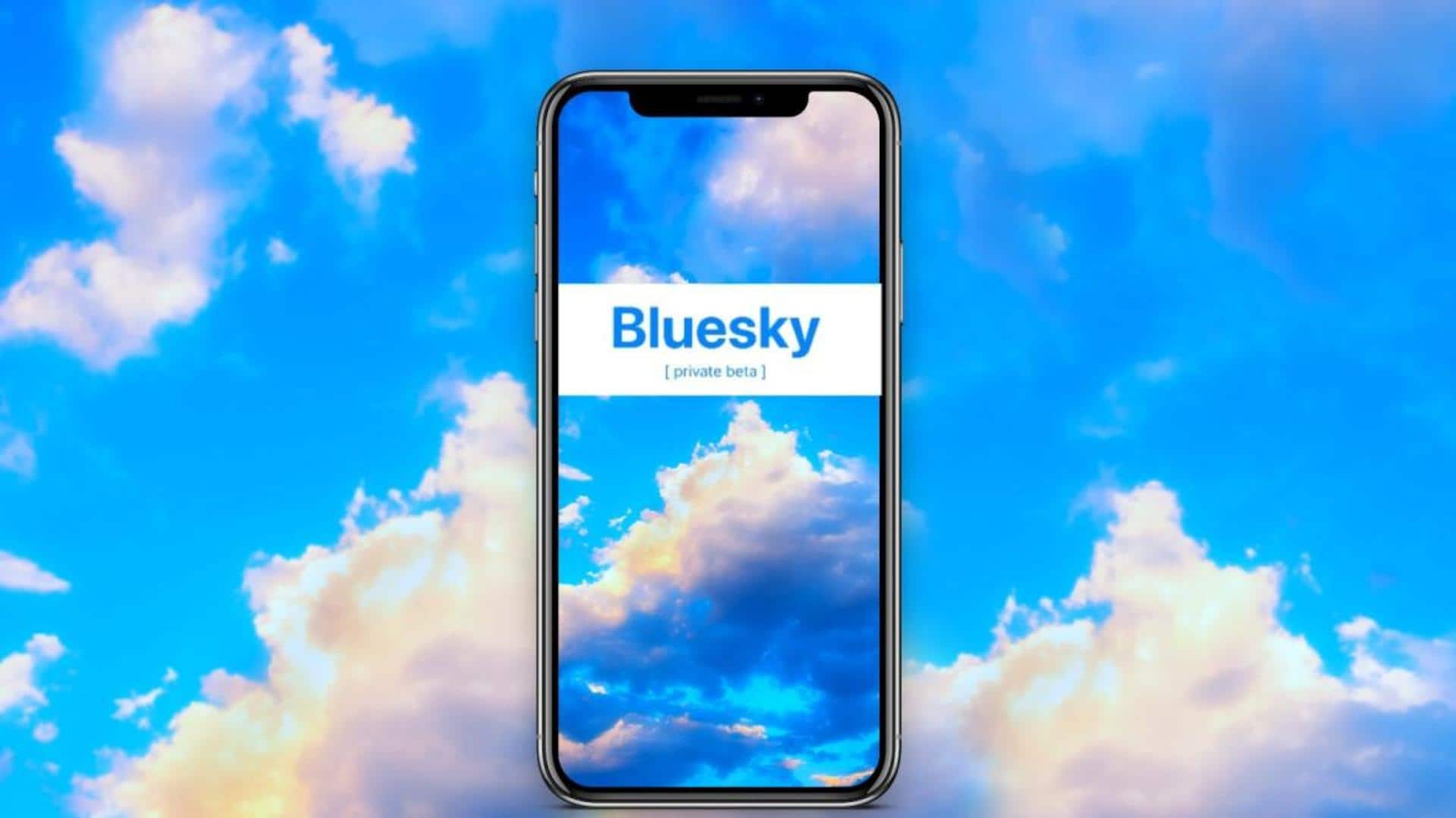How does Twitter-rival Bluesky plan to implement content moderation
What's the story
Bluesky, Twitter's decentralized rival, is currently available on an invite-only basis on the Apple App Store. The app is the brainchild of Twitter co-founder and former CEO Jack Dorsey.
From the timeline to profile pages, Bluesky closely resembles Twitter. Does that mean Bluesky resembles Twitter when it comes to content moderation?
Well, let's have a look.
Context
Why does this story matter?
Decentralized apps like Mastodon and Nostr have gained popularity since Elon Musk's Twitter acquisition. These apps promise a different experience compared to centralized social media giants such as Facebook, Instagram, and Twitter.
However, content moderation is still necessary for protecting the safety of users. Without moderation, a social media platform could run into chaos and disarray.
Open and composable
Content moderation should be 'composable' and 'customizable': Bluesky CEO
In a recent blog post, Bluesky CEO Jay Graber spoke about the platform's approach to content moderation. According to her, moderation should be "composable" and "customizable."
For content moderation, the company is following the same approach as it did with its algorithm. There will be a default setting and several custom filters on top of that.
Labeling
Third parties will be able to create labels
Bluesky's content moderation will include automated labeling and service-level admin decisions. But the stand-out feature will be the platform's open, composable labeling system.
This system will be open to third parties. Developers and users will be able to contribute to making these labels.
"Anyone should be able to create or subscribe to moderation labels that third parties create," said Graber.
How
Bluesky will have 3 levels of content moderation
These labels can be automatically generated by third-party services or manually generated by admins of a server or users.
Bluesky's content moderation will have three levels. In the first level, automated filtering will be used to remove illegal content and label objectionable materials.
Then, there will be server-level filters. And finally, users can subscribe to more moderation labels to weed out content or users.
Non-localized
Moderation is a structurally independent service on Bluesky
If you're not a fan of a network's labels, you can easily make the switch. You don't even have to change the network for that.
Bluesky is offering 'community labeling,' which will allow users to choose an online community's moderation system even if it is not tied to their server.
This has been done by making moderation a structurally independent service.
